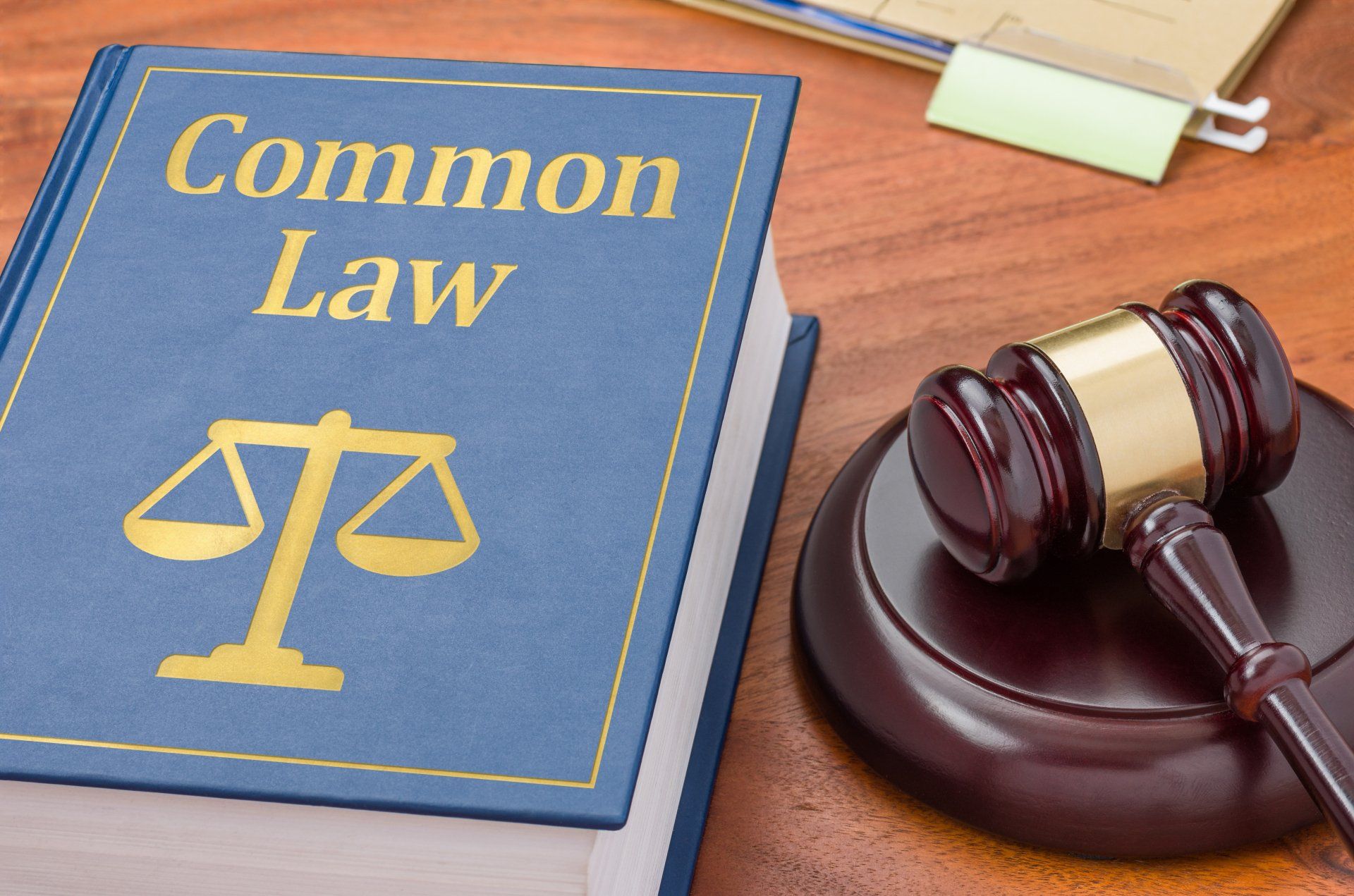What's the Difference Between a Separation Agreement and a Divorce Order?
A separation occurs when two people who have been living together either as a married or common-law couple decide to live apart. For married couples, a separation does not end the marriage. The only way to end your marriage is through a divorce.
Whether you choose to separate or divorce affects many areas of life, including how you can divide property. Are you planning to leave your spouse? We’ve included a few frequently asked questions regarding separation and divorce in British Columbia.
What Is Separation?
The concept of “legal separation” does not exist. Instead, separation occurs when one partner decides to separate from the other and you begin living apart. Separation does not require you to see a lawyer, sign any documents, or visit a court.
Both married and common-law couples who wish to separate can decide what they want to do about property, debt, parenting time, and other key issues in a document called a separation agreement. If issues arise while deciding any of these issues, mediation remains an option.
Am I Separated?
In general, separation occurs when one partner wants to separate and you start living apart. However, you can be considered separated from your spouse even if you are still living in the same home.
Regardless of whether you were married or in a common-law relationship, there’s no one factor that proves you were separated. However, the court considers the following factors, among others:
- Taxes filed together
- Joint vacations
- Shared household chores
- Relationship counselling
- Sleeping in the same bed
- Socializing as a couple
- Holding yourselves out as a couple to third parties
What Is a Separation Agreement?
A separation agreement is a legally binding contract between a couple that offers a written record of how they’ve settled important matters relating to their separation.
Keep in mind that you don’t need a separation agreement in order to separate. A separation agreement is usually thought of as a faster and less costly way to resolve key issues rather than going through the court system.
Separation agreements include details such as:
- Property and debt division
- Spousal support
- Child support
- Custody and access
Having a lawyer prepare and advise you on the agreement will help you understand your options, create potential resolutions, and ensure that your agreement meet the minimum requirements of enforceability.
Getting a Divorce
The only way for married couples to end their marriage is by receiving a divorce order from a judge. You may not have to go to court if you have court orders or a written separation agreement. In this case, you can file your own divorce using the right forms and submitting them at the court registry.
To begin your divorce, you must file a Notice of Family Claim (F3) or Notice of Joint Family Claim (F1) in the Supreme Court of British Columbia. To be eligible for divorce in this province, you or your spouse must:
- Have resided in BC for at least a year before applying
- Still be living here at the time of application
You must also have lived apart for at least twelve months, unless:
- Your partner was physically or mentally cruel to you
- You or your partner committed adultery
Divorcing on these grounds is difficult and requires proof, making it a more expensive and less certain option. The majority of couples wait one year.
If you have children, the court will let you divorce only if it appears you’ve made reasonable arrangements for them, meaning you’ve decided where they’ll live and who will act as the primary decision-maker. You must also show the court that you have made arrangements for child support that are in accordance with the Federal Child Support Guidelines.
Legal Advice for Separation or Divorce
Do you need advice from a BC lawyer with respect to the specific circumstances of your separation or divorce? We can help. Get in touch with England Lam Family Law to book your initial consultation today.










